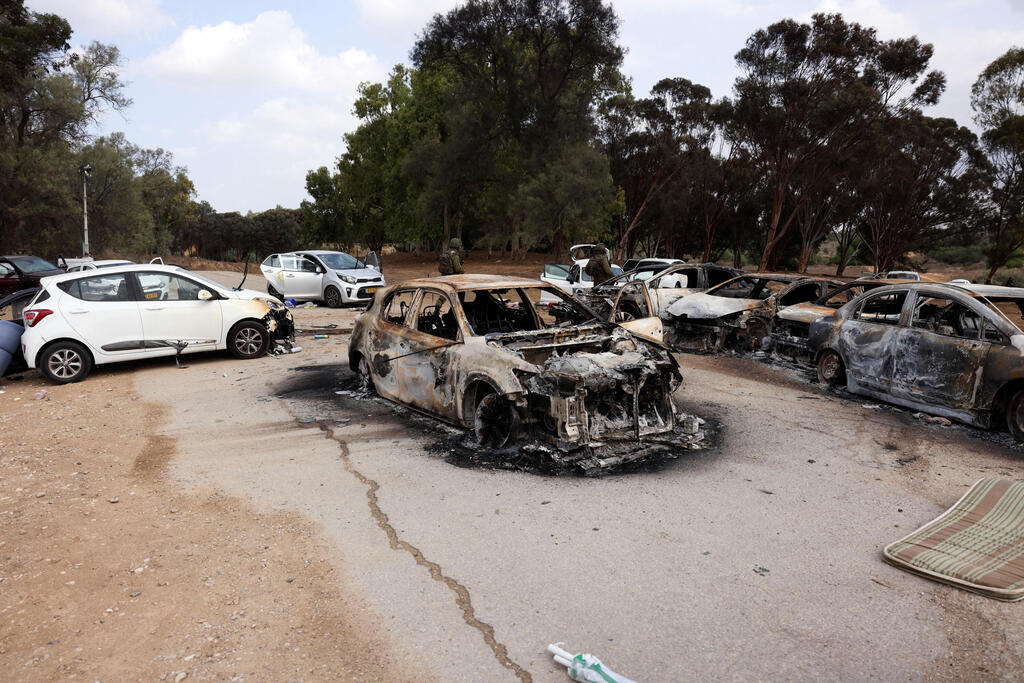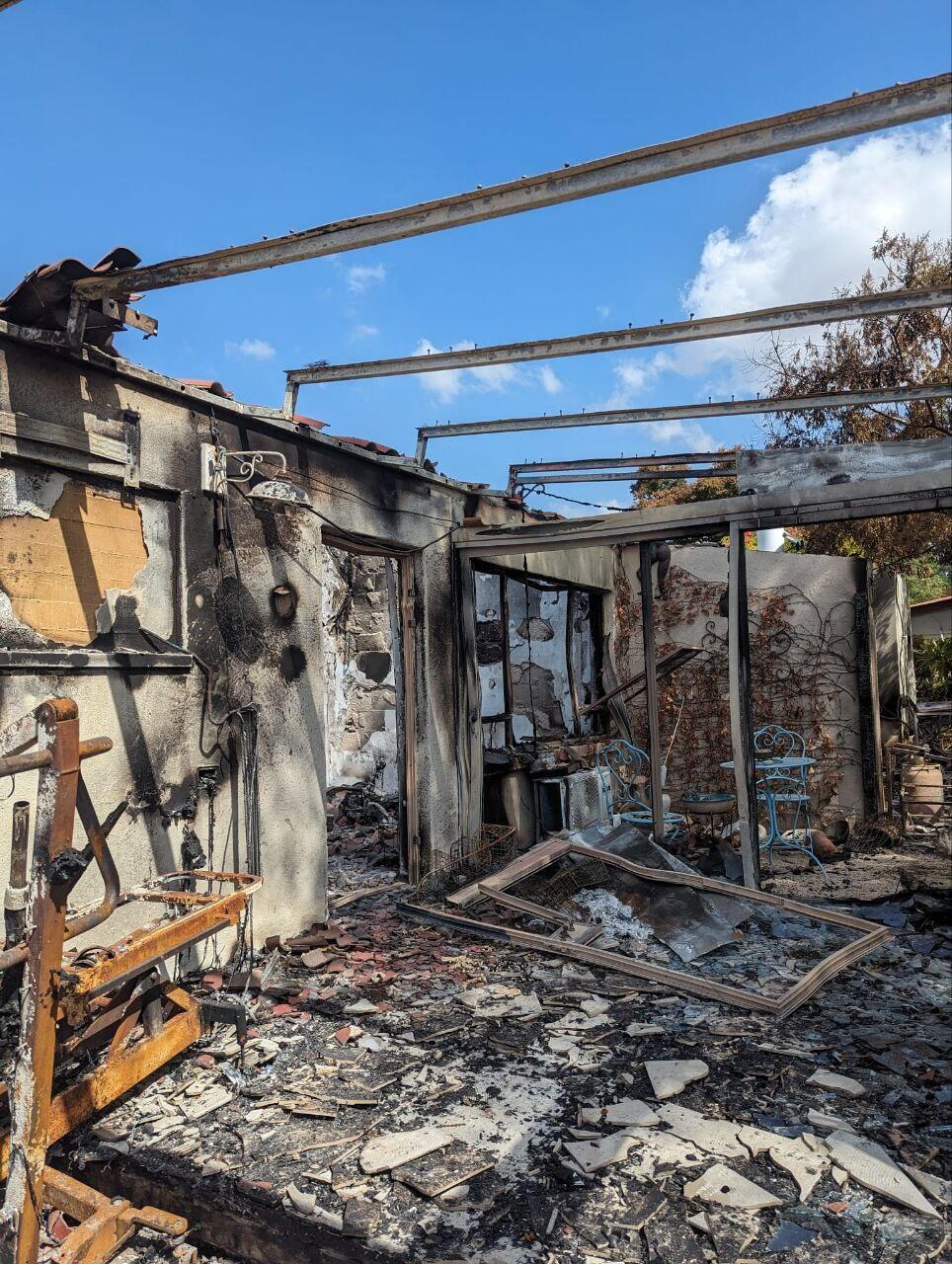"At least 10 of the victims of the Hamas massacre at the Re'im festival were sanctioned to hospitalization in mental institutions," Adv. Daniel Raz, Justice Ministry's Legal Aid Administration, official told the Knesset Health Committee on Monday.
Read more:
"I never imagined we'd end up in such a dire situation. We're spending 1,400 NIS per day on hospital stays that could have been avoided at the outset," he said.
"The war has precipitated an unprecedented situation in the realm of mental health. We once again urge the Ministry of Health to take the lead in aligning and consolidating all Israeli entities tackling this issue," Committee chair MK Yoni Mashriki said.
The committee was presented disturbing statistics demonstrating the mental health system's inability to cope with the scale of the October 7 massacre in communities along the Gaza border. The information indicated that prior to the war's onset, Israel's public mental health system was already significantly lacking.
"This was evident in persistent complaints about a severe budget shortfall, staff shortages, extended waiting periods for psychotherapeutic or psychiatric care, and subpar infrastructure in mental health hospitals. This was coupled with a constant absence of data that would facilitate understanding of the system's functionality," the committee was told
3 View gallery


A Hamas terrorist during the October 7 massacre at the music festival in Re'im
(Photo: Courtesy)
The information shared also revealed that "the Ministry of Health lacks comprehensive data on all those who have received psychological care since the war started. It remains unclear when such information would be collected and what it would encompass, such as whether it would include psychological support and treatments offered by NGOs. Furthermore, the Health Ministry has no projections about the scope of anticipated needs moving forward."
"The war constitutes a national mental health crisis. We've already seen a substantial increase in the demand for mental health services and support, and we're expecting this trend to continue. Efficient and prompt intervention could potentially reduce the need for long-term care by 50%.," Director General of the Ministry of Health, Moshe Bar Siman Tov said.
"Support should be patient-centric, involving the community, family, and education system, and of course, it should be tailored to each individual. The Finance Ministry recognized the need for a substantial enhancement in the remuneration of public sector psychologists. Furthermore, the number of psychiatrists, for both adults and children, will also receive a noticeable bump."
Prior to the debate, Knesset members noted that "in response to the anticipated surge in demand, there must also be a proportional increase in the personnel providing care, a workforce that was already significantly lacking before the war began. We should remember that the field of mental health care in Israel is staffed by a diverse range of professionals, with certain roles like psychiatrists or medical and rehabilitation psychologists facing a general shortage across the economy. In contrast, other professions are primarily underrepresented in the public sector."
Knesset member Tatiana Mazarsky, of the Yesh Atid party and a participant in the discussion, remarked, "While mental health expenditure in OECD countries typically accounts for 8% to 12% of their health budget, in Israel, it has hitherto constituted a mere 5%. Why is this the case? We urgently need to reabsorb psychologists and specialists into the public system, rather than resorting to unprofessional alternatives such as employing psychology students for initial treatments. Such a practice should be avoided as non-professional care can result in harm, inflicting damage to health that can be challenging to remedy later on."





